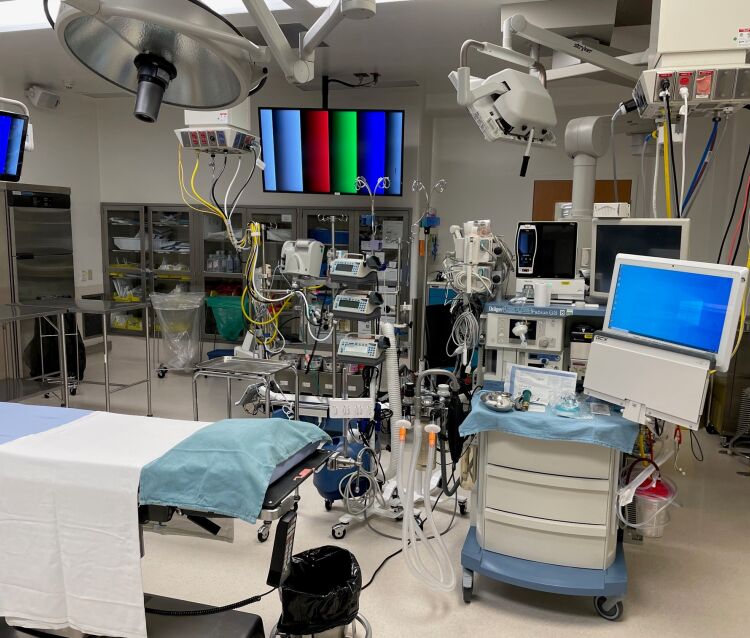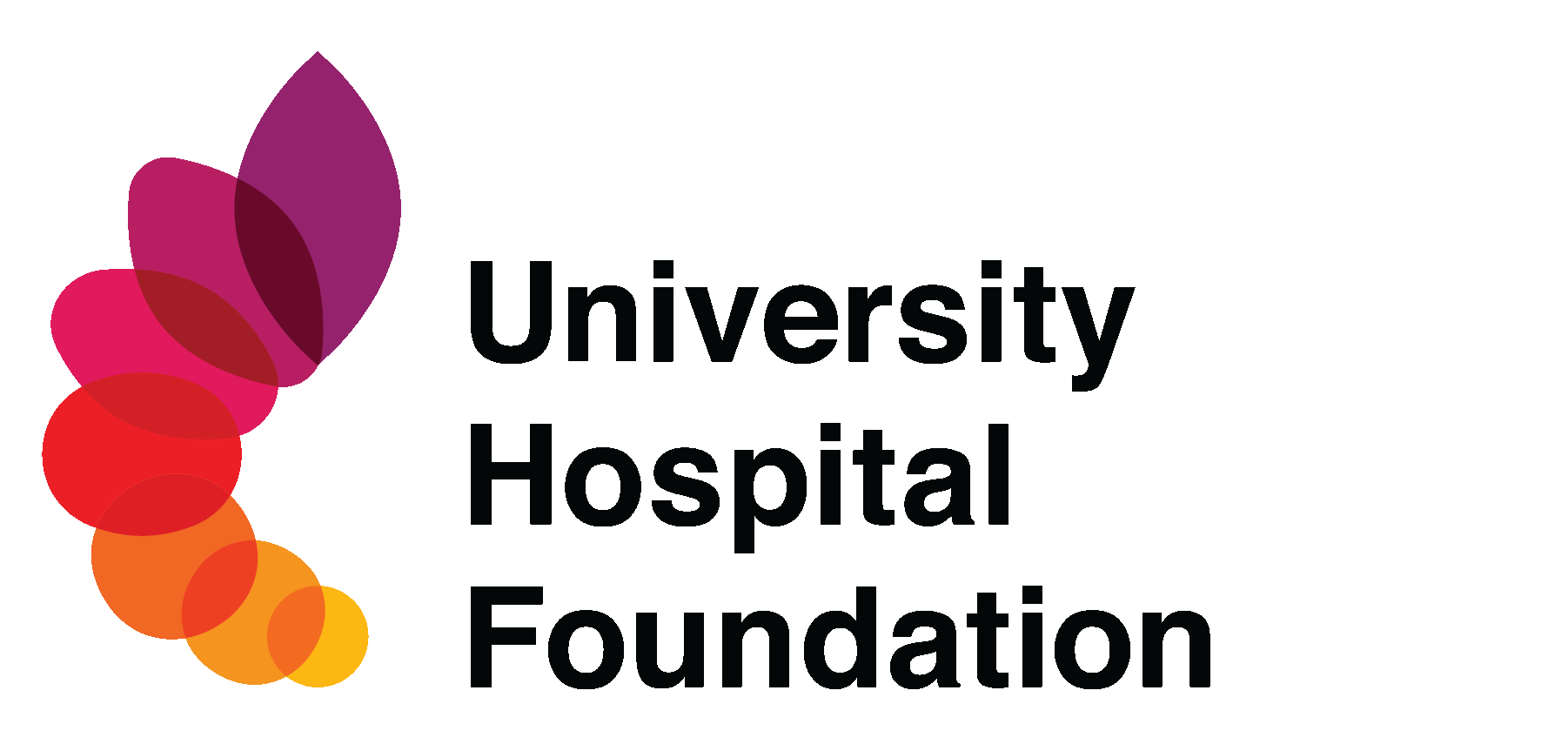- 1-833-448-3843 Make a call.
- info@givetouhf.ca Drop us an email.
- We are located in Edmonton, Alberta
Inducing hibernation in organs
What if organs could be stored in banks like blood?
The fact that over 70% of donated lungs are discarded is startling. The viability of an organ outside the human body is limited. Hearts and lungs are only viable for four to six hours, livers for 12 hours, and kidneys for 36 hours. Time is not on our side in regard to organ transplantation, especially when repairs to an organ need to be made before transplantation.
Imagine if we could revolutionize organ transplantation by inducing hibernation in organs, extending their viability to weeks or even months. Dr. Evangelos Michelakis believes he has the key to creating organ banks which will greatly increase the likelihood of “perfect” organ matches and as a result, better patient outcomes.

Up to 200 Canadians die each year waiting for an organ transplant
Hearts and lungs remain viable for only 4 to 6 hours after removal, livers for 12 hours, and kidneys up to 36 hours
More than 4,000 Canadians are on waitlists for organ donations
The project
Miraculous breakthroughs have been made in keeping lungs alive longer to be repaired. While this saves many lives, lungs are utilized in less than 10 percent of transplanted organs.
The next step in organ transplantation – happening now under the leadership of Dr. Michelakis – is developing a chemical compound that can be injected into a donated organ that puts the organ in a state of hibernation, where it is resistant to a lack of nutrients and will remain healthy in a simple refrigerator.
Dr. Evangelos Michelakis
The benefits
Extending the shelf-life of organs from a few hours, to a few weeks or months may allow the creation of donated organ banks in the future. These organ banks would provide multiple benefits, beyond significantly improved outcomes and cost reduction, including:
- Access to transplantation for patients living far from transplant centers.
- Better organ-recipient matching.
- Planned and elective transplant surgeries.
Current hypothermia protocols involve dropping the core temperature of a patient by a few degrees in the hopes of acutely decreasing metabolism and oxygen/nutrients demand. Unfortunately, randomized trials showed marginal benefits. Inducing hibernation in such patients, like in a hibernating animal, will keep the body healthy despite a very limited supply of oxygen or nutrients, and immobility. The healthcare and societal benefits would be huge, considering that the cost of transplantation and care of critical ICU patients are perhaps the two highest items of healthcare budgets.
